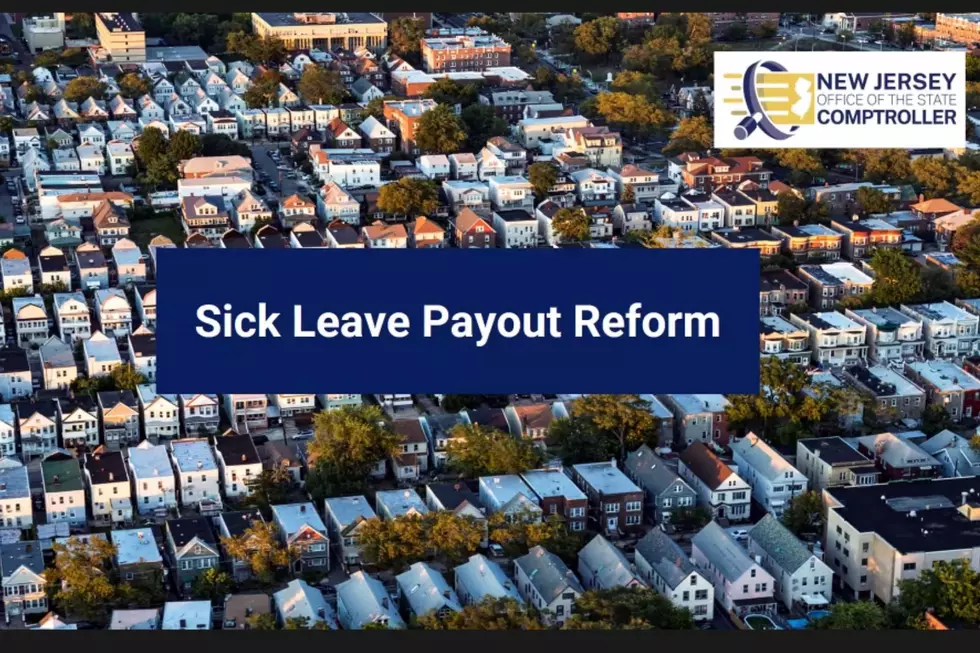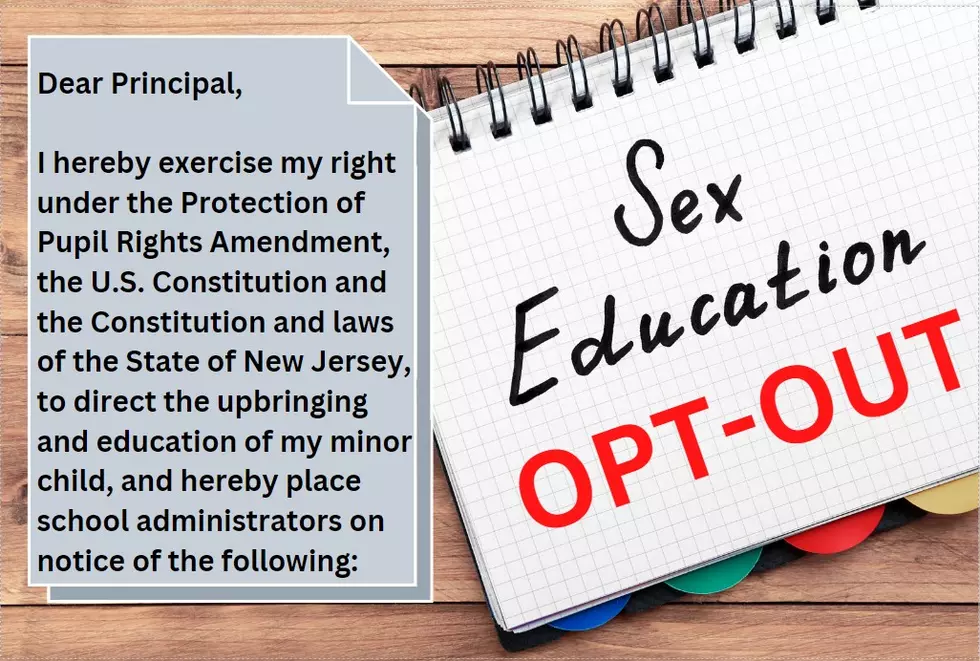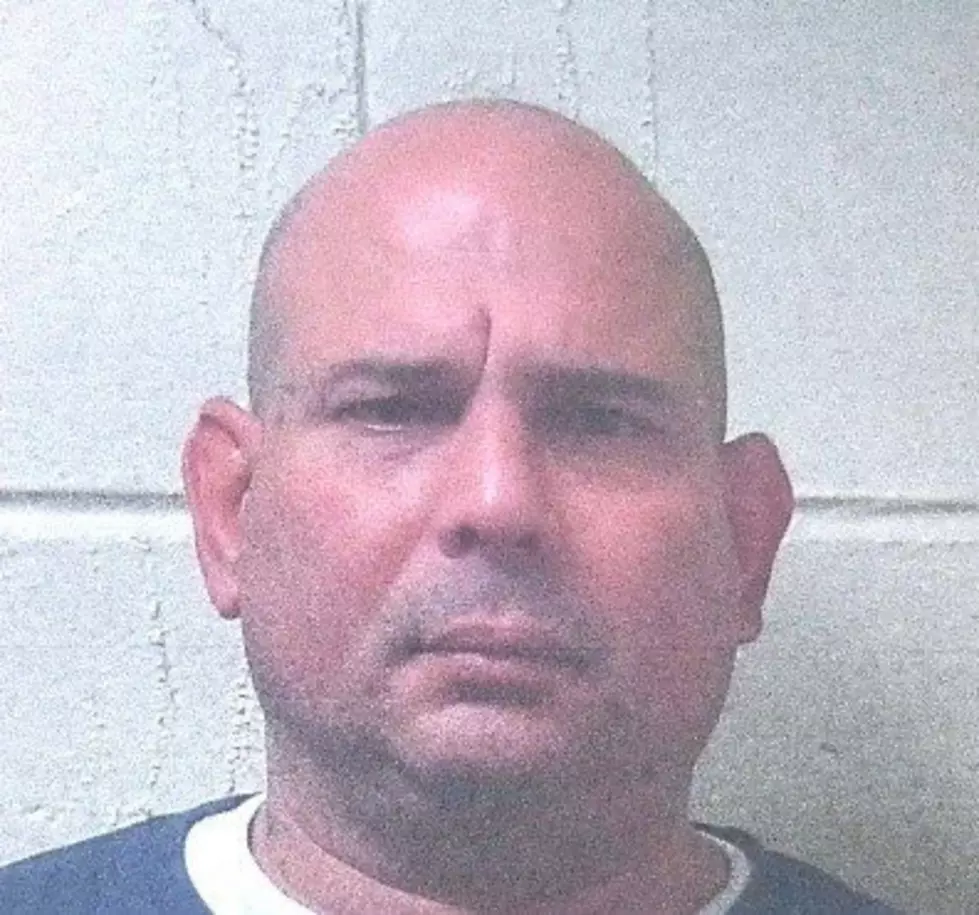
A defense for why sick leave payouts continue in NJ towns
TRENTON – Three months after the state comptroller flagged widespread noncompliance with state laws restricting sick leave payouts to local government workers, state legislators have started acting on his recommendations for how to respond.
However, concerns raised by a police union has some lawmakers pausing and hoping for changes.
The July comptroller report found that 57 of 60 municipalities examined weren’t following state laws from 2007 and 2010 that extend the same $15,000 cap on payouts for unused sick times to senior managers and new employees hired starting in May 2010.
Acting State Comptroller Kevin Walsh said the findings were “fairly surprising and startling,” with half of the towns already making yearly payments in violation of those laws and the others keeping policies in place to allow even bigger payments down the road.
“The seeds have already been planted for those, and those seeds will grow into very large and expensive trees in the decades, all against the law,” Walsh said.
Walsh said there needs to be accountability at the local level, including the risk of penalties, and a state agency put in charge of administering the rules.
“We recommended that the Legislature consider amending and supplementing the 2007 and 2010 laws, not to change the substantive rights under those laws, not the change the manner in which those laws regulate when local governments can provide sick leave payments, but rather to provide teeth to those laws because the laws currently are not being respected, at least by these 57 municipalities and in all likelihood by hundreds of others,” Walsh said.
Police want exemption
The New Jersey State PBA said lawmakers should exempt police and other essential services as they consider the updates to the law, and a majority of members of the Assembly Judiciary Committee were sympathetic to that idea.
Michael Freeman, vice president for the New Jersey State PBA. said the issue is that the 2010 law doesn’t make practical sense from a human resources perspective – essentially forcing towns to pay overtime to ensure all fire and police shifts are covered, rather than offer smaller incentives so workers don’t use sick time.
“It’s inconceivable that management and the labor advocates of this state are colluding to break the law for the purpose of defrauding the law,” Freeman said.
Freeman says towns won’t see benefits from the $15,000 cap on sick-leave payouts to workers hired after 2010 until 2040 – but also need to save money in the interim by not shelling out for huge overtime bills. And so, they offer incentives to officers who don’t take sick days or buy them back because it costs them less than paying overtime.
“They are doing it. They’re not hiding it. Nobody’s hiding it. There’s no need to look for an audit, who got flagged,” Freeman said. “They have to say: We need to keep control of our costs now. And that’s what the municipal managers are doing.”
Freeman said every police department in New Jersey is at or below minimum staffing levels. He says that puts pressure on overtime budgets, as people work multiple 18-hour shifts, then take sick days to ensure time off and save their psyche.

Michael Symons is the Statehouse bureau chief for New Jersey 101.5. You can reach him at michael.symons@townsquaremedia.com
Click here to contact an editor about feedback or a correction for this story.
2021 NJ property taxes: See how your town compares
KEEP LOOKING: See what 50 company logos looked like then and now
More From 92.7 WOBM










